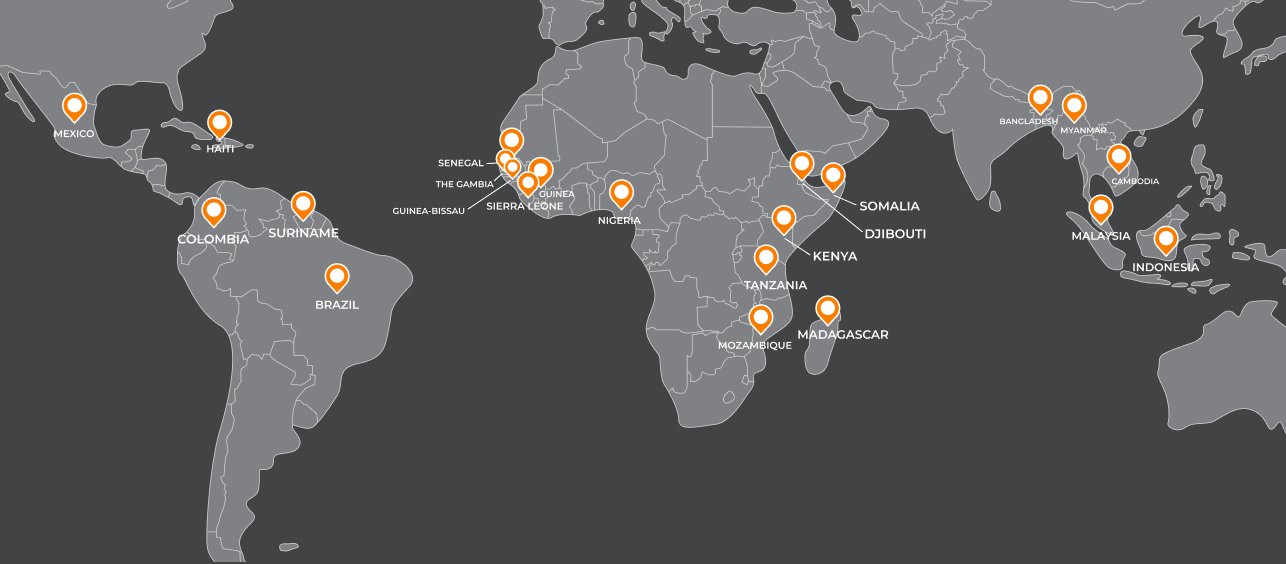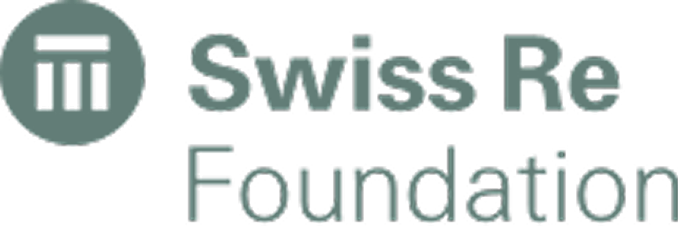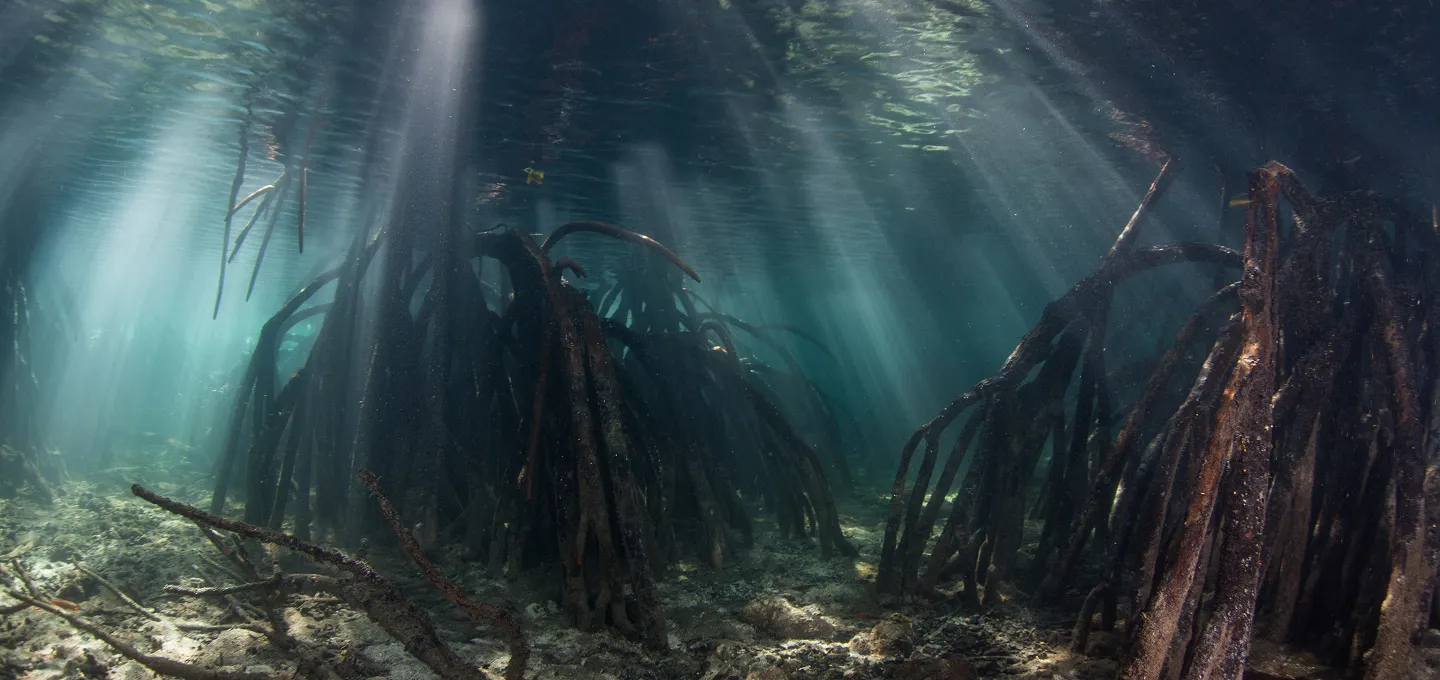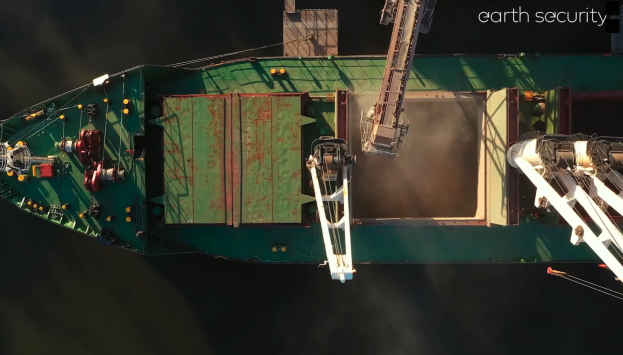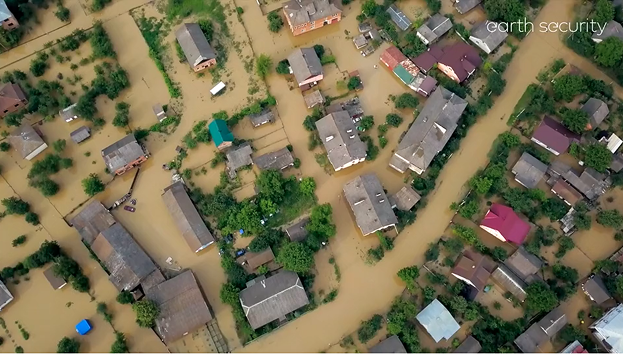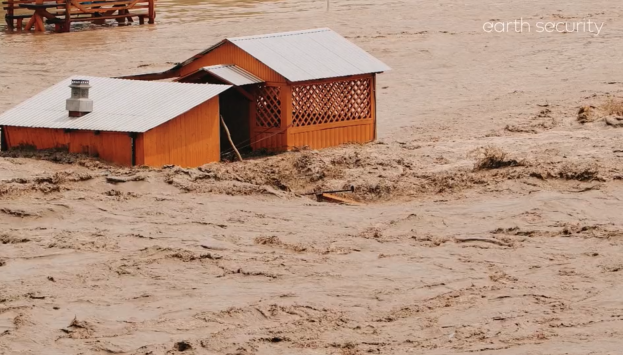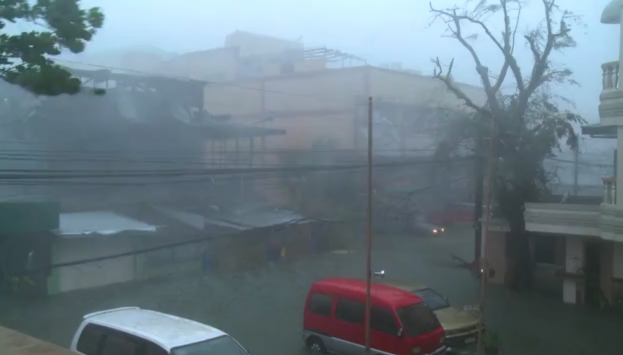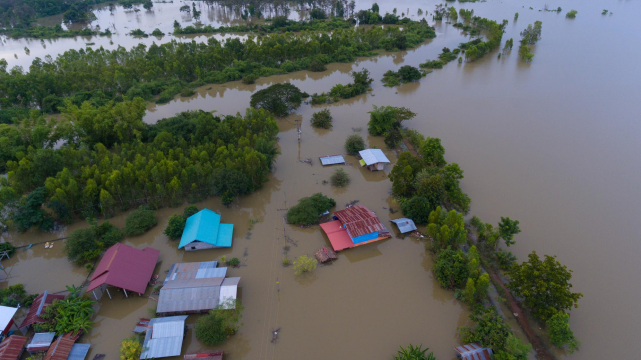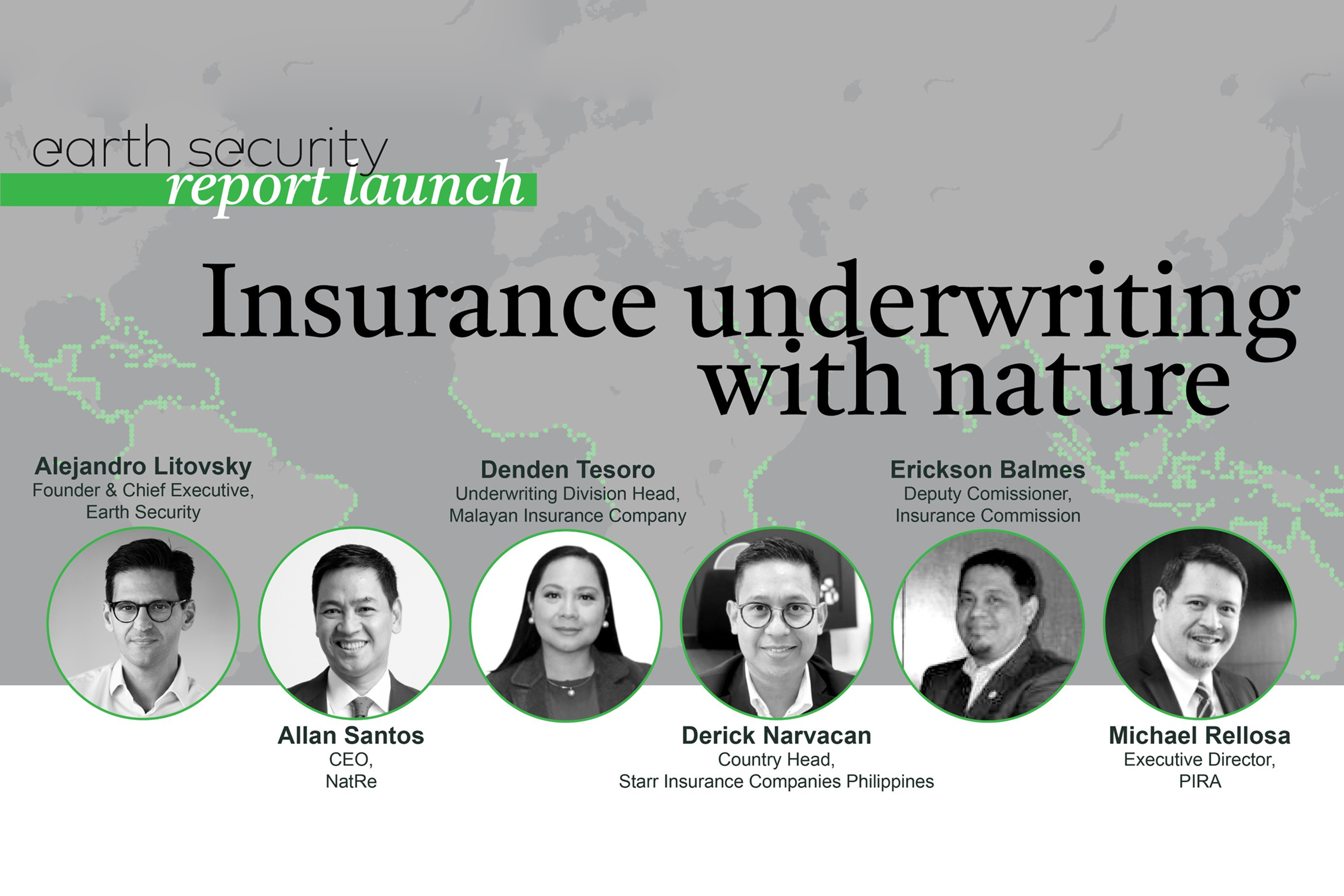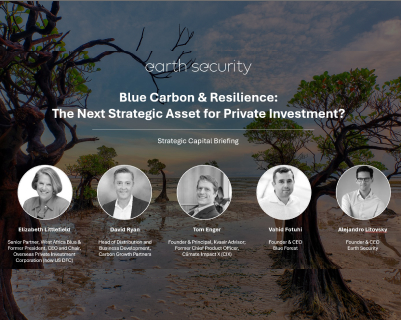.jpeg)
Friday, 13 September 2024
Earth Security convened some of the leading agencies driving Indonesia's progress on mangrove conservation and restoration, to discuss how blended finance, catalytic investments and private sector leadership can accelerate the pace and scale of impact.
Our workshop, set in the forest setting of Hutan Kota by Plataran in Central Jakarta, was co-convened with the Indonesian Chamber of Commerce and Industry (KADIN), and our growing collaboration with the government's Indonesian Environment Fund (BPDLH), to share insights and expertise across Indonesian government ministries, Indonesian companies, carbon project developers, NGOs, and scientific organisations.
The workshop drew on the network we have built over the past two years, with a series of innovative investment pilots, strategic private sector partnership models, and a focus on catalytic capital for mangroves. Mangroves, recognised as one of the most promising nature-based solutions for carbon sequestration and coastal resilience, have yet to realise their full potential due to a lack of early-stage capital, technical complexities, and coordination across sectors.
The workshop was also the launchpad for our latest report, The Business Case for Mangroves in Indonesia: A Natural Asset for Net-Zero and Coastal Resilience. The report showcases investment opportunities and models for how the private sector can invest in mangroves as a strategic business asset.
Five key insights emerged from the workshop that pointed to the opportunity to better coordinate the deployment of capital and expertise across sectors:
1. Blended finance: Participants highlighted the opportunity for the next phase of mangrove finance in Indonesia to use public funding as risk capital for projects. This can draw on current models where Indonesian government agencies are already deploying funds as blended finance, including guarantees, de-risking instruments, and insurance.
2. Blue carbon opportunities: The rapid development of Indonesia's carbon market presents significant funding opportunities for blue carbon projects. However, this should re-double efforts to close attention to how projects improve the livelihoods of communities, and that they deploy the best possible scientific (ecological and hydrological) approaches. Both are critical factors to the success (or failure) of carbon projects.
3. Pools of expertise: There is an extensive pool of expertise and knowledge across Indonesian organisations on the role of restoration methodologies, business models, community development, and legal governance–of which need to be tailored region-by-region to local conditions. This pool of expertise, however, is dispersed across sectors. The workshop stressed the need for better coordination among scientific organisations, NGOs, and carbon project developers.
4. Private sector-led catalytic funding: Earth Security’s pilots in Indonesia demonstrate the potential for Indonesian companies to provide early-stage catalytic funding for projects, supporting the future blue carbon market. Projects can deliver maximum business value when operated close to where companies operate.
5. Towards an investment platform: Drawn together by a shared interest in the strategic role that private sector capital can play, the workshop evidenced excitement for the opportunity to work across sectors more efficiently and effectively. These key inputs will continually inform Earth Security’s development of an investment platform that helps accelerate catalytic and blended capital to more rapidly expand a pipeline connecting capital to high-quality, high-impact projects.
We are grateful for the support of partners such as UBS Optimus Foundation, Djarum Foundation and Good Energies Foundation for this catalytic programme and their partnership in realising the potential for investing in mangroves as a nature-based solution for Indonesia and the region.
.jpeg)
.jpeg)
.jpeg)
.jpeg)
.jpeg)
Contact us
To hear more about partnering with Earth Security, please get in touch with us today.
Explore the reports
The Earth Security Index Reports provided in-depth analysis of critical themes across selected industries and market geographies, enabling investors to anticipate and respond to emerging global dynamics. Download and explore the full Earth Security Index reports:






